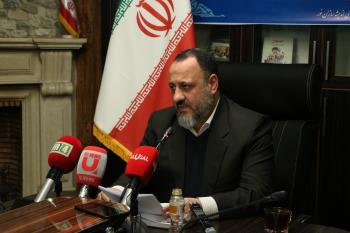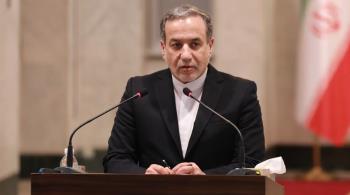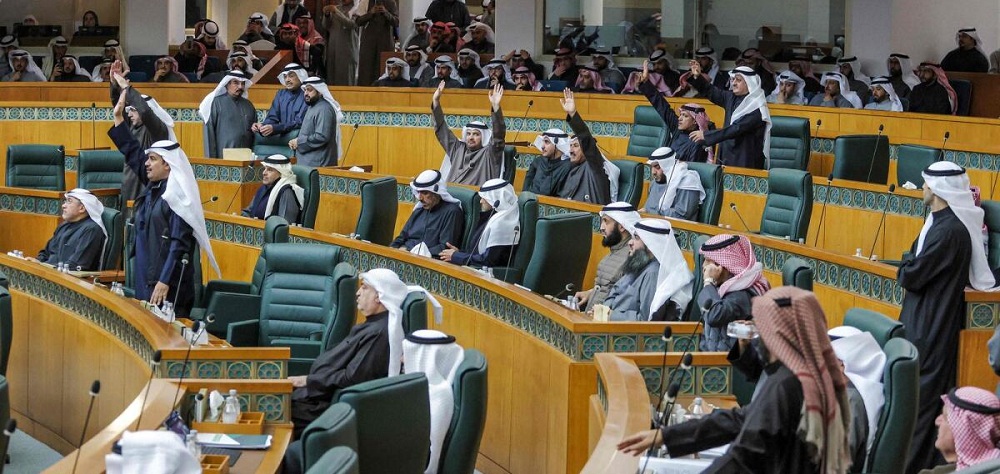Alwaght- Though Persian Gulf Arab monarchies seek to put up a democratic face through establishing political institutions; they are far from successful due to their Societies' tribal and authoritarian structures.
Kuwait, which in comparison with other Arab monarchies has relatively good credibility in terms of democracy, has been suffering from clashes between parliament and various governments in recent years, and in majority of the cases, the government has resigned for political reasons before it can have an opportunity to advance its agenda and plans. Only two months after Prime Minister Ahmad Nawaf Al-Ahmad Al-Sabah took the office, he handed his resignation to the emir after escalation of tensions with the parliament, making more complex, the political instability the country has been grappling with.
Origin of political differences
Disputes between the two political bodies rose after the members of parliament announced a plan to push forward a number of laws, especially the financial ones, which the cabinet opposed and called for their postponement. The recent session of the parliament that was held two weeks ago discussed and reviewed many existing laws. Most important issues of discussion was the repayment of the public loans from the state’s general treasury with government borrowing at an interest rate of 5 percent of the total loans that caused the ministers to leave the parliamentary session.
Also, the government insists the parliament should withdraw impeachment of the Finance Minister Abdulwahab Rashid and the Minister of Cabinet Affairs Barak al-Sheetan and return the financial reports to the commissions. But the MPs insisted on their impeachment of the two ministers, fueling the tensions.
Amendment of the election law is another sticking point. On Saturday, the speaker of the parliament handed the parliament's demands to the government amid calls for changes to the election law. The changes include a proposal to allow each voter to have the right to vote to four candidates on the condition that at least one of them should be candidate in the constituency the voter registered in. The change also proposes that top 50 candidates would be declared victorious on the condition that the High Election Commission votes on the candidates who have secured equal votes. But the government rejected the idea.
Although the emir of Kuwait Sheikh Nawaf Al-Ahmad Al-Jaber Al Sabah tried to defuse the differences between the parliament and the government so that they could continue their work and last week as part of a “national reconciliation” push issued pardons for 37 Kuwaiti citizens, including a number of former MPs and some members of the ruling family, he failed to be effective in easing the tensions. The parliamentarians had warned the government about violating the legal frameworks in its dealing with the parliament sessions and the parliament’s monitoring arms, and at the same time emphasized that they will not tolerate any actions meant to disrupt parliamentary affairs.
By the resignation, the PM seems to intend to press the emir to dissolve the parliament and announce early elections for rise of MPs aligned with the government. Until holding elections and forming a new parliament, Al-Sabah would act as a caretaker PM.
Serial political instability
Despite the fact that Kuwait was the first country among the Arab countries of the Persian Gulf to establish democratic structures and has had a parliament since 1963, and its 50 MPs are elected by direct votes of the people, and even women have gained the right to vote since 2009, the cabinets have always been on a fragile foundation and so far governments have resigned dozens of times, and on average, governments change three to four times every year, continuing this vicious cycle. Even several times the parliament has been dissolved by the emir to hold early elections for political determination.
The resignation of the incumbent government is coming while just over the past year, three governments were changed and even in August, the emir ordered dissolution of the parliament, indicating that instability of the cabinets in Kuwait has changed into an ordinary process. Contrary to the other Arab countries in which the parliaments are ceremonial and the rulers have the last word, in Kuwait, the parliament has an influential role and the lawmaking process is independent.
The instability of the cabinets and their frequent resignations also show that there is a strong opposition in the parliament that stands against the government’s actions and does not allow the government to act as it wishes. The impeachment of the ministers is carried out while they have been in office for just two months, and in many parliamentary systems, ministers are allowed to implement their plans within a certain period of time, and if there is a problem with their performance, they propose the impeachment, but in Kuwait as soon as the ministers take the post, they begin being under the scrutiny of the MPs.
In addition to the cabinet resignations, the state officials also resign regularly. According to reports, from mid-November to later December 2022, 16 officials resigned from their posts, deepening the political instability in the country.
Despite existence of symbols of democracy like the parliament and the cabinet, ongoing political instability in Kuwait, indicate that tribal and primitive structures still govern the Arab countries and block implementation of democracy in its genuine sense.



























